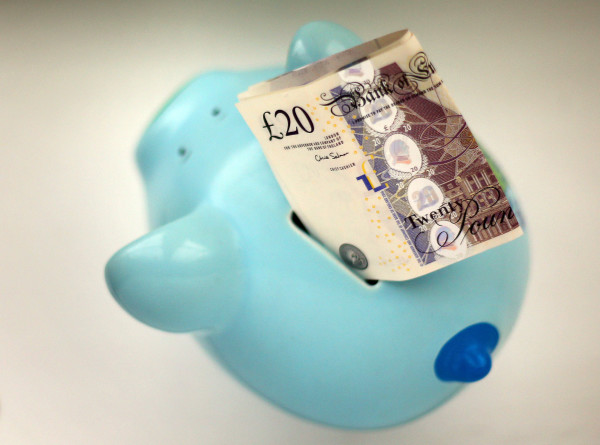

Almost two in three self-employed people admitted they do not have any form of pension savings, compared to only 32 per cent of employed people.
But 72 per cent of self-employed individuals are saving for the future on a regular basis, though this was lower than the 88 per cent of employed workers.
One reason for this difference is that 70 per cent of the self employed, who are not already saving for retirement, have said that they cannot afford to put money away for later life.
Emma-Lou Montgomery, associate director for personal investing at Fidelity International, said: "It is evident that many people in self-employment are leaving their financial futures too much to chance.
"We get it, having it all and being your own boss is hard work, and more often than not, more pressing matters can get in the way of planning for your financial future. However, there are simple steps that you can take to get you on the path to achieving your financial goals now, and in the long-term.”
Fidelity’s report also reveals that only a third (32 per cent) of self-employed people knew what a Sipp is.
Only 20 per cent have invested in stocks and shares with Isas being the most popular investment vehicle used by 39 per cent of self-employed people.
Kay Ingram, director of public policy at LEBC, has called for government to provide extra support to the self-employed.
“We have made recommendations to the Department for Work and Pensions and Treasury to help the self employed plan for their retirement. Unlike employees they not only have no help in funding retirement savings, life and health cover but they also have to find a source of advice to establish these plans,” she said.
“To assist with this we would like the self-employed to be given an annual financial advice allowance of £500 which they could offset as a trading expense against their taxable profits. This would bring the self employed in line with employees who may already receive £500 a year of advice paid for by their employer on a tax free basis.
"This would help the self employed access advice which could enable them to achieve greater financial resilience in the event of ill health, protection for their families and planning for retirement.”
Taking control of careers, managing work life balance and having the freedom to choose where to work are among the top reasons why people choose to become self-employed. However, half of these individuals said that they would welcome government regulations that would automatically enrol them in a scheme to save for their future.
While it is hard for self-employed individuals to commit to a long-term investment, it is important that they think about doing so, said Ms Montgomery.
“We appreciate that being self-employed may bring periods when you’re out of work or awaiting payment from various contractors, and that can make you reluctant to commit your money to a long-term investment, but it’s essential that you look after your future,” she said.
“Sipps for example are a great way of saving for the future. The government will give you a basic rate of 20 per cent tax free relief on anything paid into your Sipp up to the lower of 100 per cent of your earnings or your annual allowance (£40,000 for most people).
"If you are a higher rate tax payer, you can claim additional tax relief. Putting your business first is one thing but you shouldn’t let your personal financial goals be forgotten along the way, especially when small changes can make a big difference."
LEBC have also called for the reintroduction of carry back of pension contribution for tax relief to the previous year.
“This ended in 2006 but is now needed more than ever to help those with fluctuating profits and income plan for their retirement once they know what funds they have available having completed the previous years accounts and collected or written off debtors,” said Ms Ingram.
“Slow payment of invoices is a major headache for the self employed and helping them plan their affairs after they have got the money in would also be a big help.”
amy.austin@ft.com



